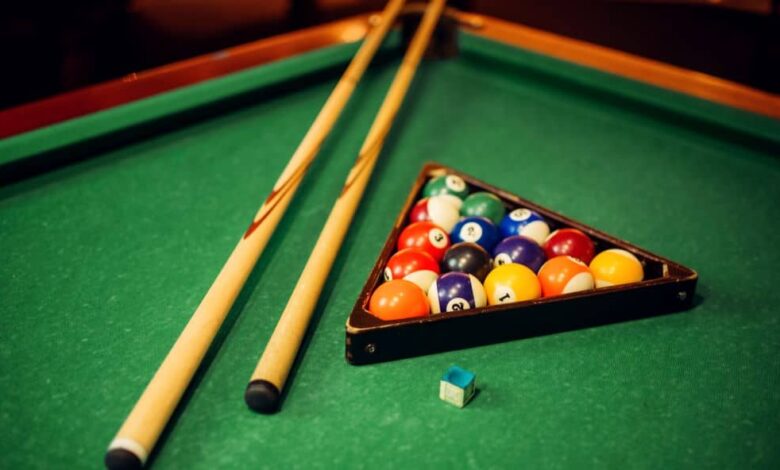The Ultimate Guide to Buying Custom Cues

Whether you play pool, snooker, or carom, buying a cue that feels right is a good idea. That means choosing a straight cue with a good weight and comfortable to hold.
I usually test house cues by rolling them flat to see if they wobble too much. If the cue is distorted, I put it aside with a sneer.
What is the Purpose of Sports Exercise?
Price
One of pool players’ biggest questions when purchasing a custom cue is how much it costs. The answer is complex, but the price of a custom pool cue depends on several factors, including materials used in its construction.
Carolina custom cues for sale are made by hand, and each component of a custom cue is designed with quality and craftsmanship in mind. For example, the shaft and the butt are crafted from different wood types to reduce the risk of breakage.
Some custom cues feature inlays carved into the wood to provide visual appeal and improve the cue’s feel. These inlays can be made from exotic woods, such as mother of pearl, cocobolo, green burl, and ebony, or other materials, like brass, pewter, and urethanes.
Materials
When buying a custom cue, you must ensure it’s made from good-quality materials. This can affect the way it plays and how long it lasts.
Wood is the most common material used to make pool cues, and it comes in a wide range of grades and types. The higher the grade, the more durable and softer it will be to hit.
This is important because the shaft will be less likely to warp over time, even with regular use. It also means it can absorb more shock and damage from impact.
Generally, high-end cue makers use solid wood as their primary shaft material. Many purists prefer this for its ‘hit feel’ and its more forgiving nature to continued use.
Design
Custom cues are not only a great way to improve your game, but they’re also a work of art. Some of them feature elaborate inlays and designs using exotic woods.
These cues can be expensive, though. And they’re usually made in limited quantities.
Ultimately, a cue should suit your playing style. It should also feel comfortable in your hands.
The weight of a cue is another important factor to consider. A lighter weight cue will feel more balanced in your hands.
A heavier cue can give you more power, particularly on the break. It can also make long shots easier.
Splices
The wood milling operation is the most expensive and technically challenging part of the cue-making process. Using the best quality timber available is no easy feat; even the smallest dinghy can be the bane of many a maker. The top-of-the-line equipment can produce a single cue per day, and if you want a bespoke piece of pool table art on a budget, you’ll be looking at a minimum of ten weeks. There are many ways to do this task, including a little ingenuity and some old-fashioned elbow grease. Whether you’re new to the cue-making game or an ace in the hole, a little forethought goes a long way.
Tip
If you are a golf enthusiast and want to improve your game, consider buying custom golf clubs. They are designed to fit your height and swing style to help you make more contact with the ball during your swings. This will allow you to create positive swing habits and consistent hits that will translate into higher scores. However, it is important to try out a variety of clubs before investing in a new set of custom-fitted clubs. This can be done by asking friends, family members, or golf shop employees to let you use their club to practice. Trying different clubs on the driving range will give you an idea of what fits your style and helps you to get a feel for your swing.










